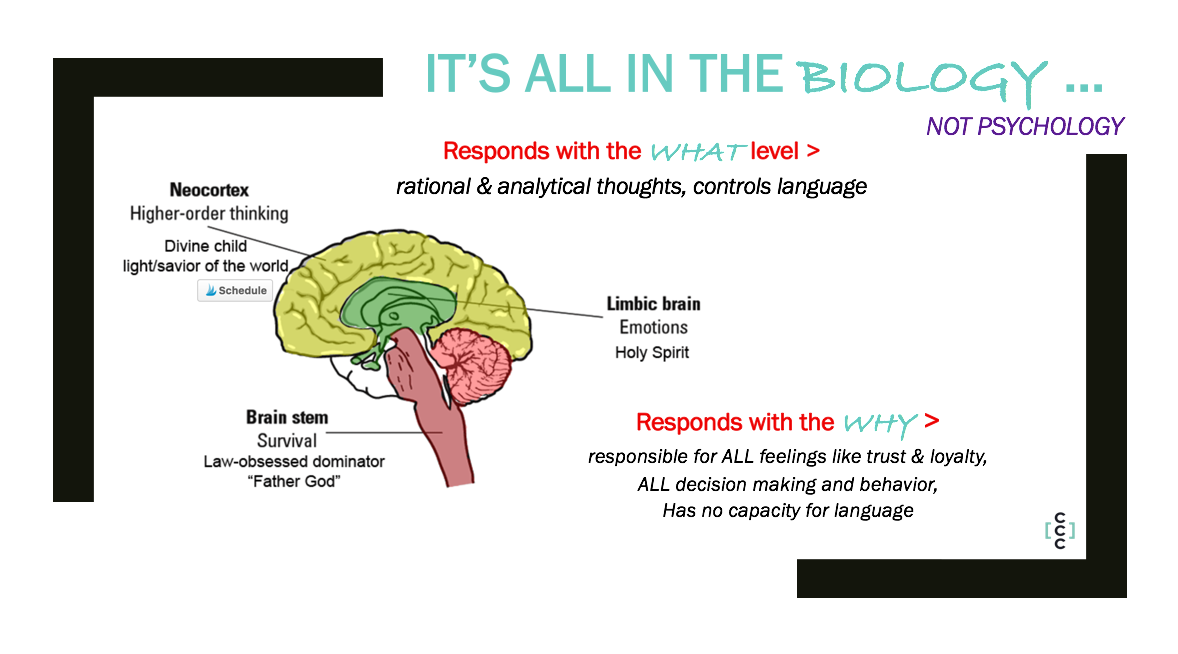Storytelling ... - a key skill of tomorrow?
Can you remember what type(s) of degree(s) your favorite boss (to date) has?
Are you able to recall how many exercise sheets the last online course you enrolled to included?
Can you list the responsibilities that are written in your PD?
Chances are - you don't
Can you remember what you did on 9/11?
Are you able to recall how your best friend met his/her partner?
Chances are - you do
So what's the difference between one thing and another?
Wouldn't it be more logical to be able to recall important facts like what you get for what you pay or what you favorite boss's qualifications are so you can aspire to follow his/her journey?
The difference in what you remember (or not) is what you associate with the fact - because it matters to you (or not).
Stories can have facts. But facts are not stories.
We are bombarded with facts, figures and information left, right and centre, 24/7, 365 days a year.
This information overload only causes us to switch off from getting more information by being more selective in what we remember and only digest what matters to us personally.
Our brain is wired to respond to emotions (fight, flight or freeze response) which is a different part of the brain to where logic and languages is regulated.
Facts and figures and all the rational things that we think are important when we go into interviews or have business meetings actually don’t stick in our minds at all.
Stories on the other hand have the power to create “sticky” memories by attaching emotions to things that happen.
That means people who realise the power of their own story, can create and communicate it in a way that resonates with the people who matter (because they are the decision maker) have a powerful advantage over others.
Good news!
Everyone has the ability to become a better storyteller.
Our brain is programmed to be both consumers and creators of story through our biology.
It is a skill and can be learnt, so it's a matter of practising, practising, refining, more practising and making it a permanent habit.
3 tips for you to consider to craft your own story (better)
1.) BE CLEAR ABOUT YOUR MESSAGE
Before you lean all in to crafting your message, be clear about this one - and most important - question:
Who is my audience and what is the message I want to share with them?
What you then include in your story - the facts and figures - should flow from those questions.
What is the core moral that I’m trying to get across in the message and how can I boil that down to a compelling single statement?
One exercise that I often run in workshops when it comes to defining a Personal Brand story is this one:
Get together 2 people, ideally they don't know each other well.
One person talks for 3 minutes non stop about how he/she got to where he/she is now.
Then it's the partner's turn to compress the key information in 30 seconds.
What did stick and what was missed?
What resonated and what was irrelevant (for whatever reason) information?
2.) DON'T BE YOUR OWN HERO
Nobody cares about you until you care about them.
As much as you want to 'sell' yourself and achieve a certain goal through your communication (may it ba a job, a deal, a date ...) - the focus needs to be on people opposite you, giving them a feeling of what they can expect when engaging with you and starting a relationship.
In the second you make the other person/ people the most important person and their own hero, the engagement and willingness to buy in to you increases thousand folds.
Always think from the other person's perspective
- What's in it for me? -
Because one of the main reasons we listen to stories is to create a deeper belief in ourselves.
But when the person talks about how great they are, the audience shuts down. The more you celebrate your own decisions, the less likely your audience will connect with you and your message.
3.) BE VULNERABLE AND OPEN ABOUT STRUGGLES
Think about your favorite movie or book ... every good story has a challenge, a good and a bad guy, sticky situations that your favorite character escaped ... just.
A story without a challenge simply isn’t very interesting.
When you are in an interview, think about the struggles the company might have and the problems that keep the decision maker up and also - how you can relate to it because you have experienced one or another situation yourself in a previous role.
And of course - you overcame it and have learnings from it that you can now use for their advantage.
Is there a competitor that attacks aggressively?
A change-resistant manager that needs help to transform ineffective systems?
If you want to learn how to define your compelling, convincing and converting story, check out our new
impaCCCt Academy
Petra Zink is a Coach, Speaker and Educator on all things Career & Personal Development, High Performance and Innovation.
She works with Companies and their Leaders to bring Entrepreneurship in-house and build intrapreneurial High Performance Cultures.
Petra helps Companies to initiate Change, innovate and make an impact - on their Terms.
Petra also works with Senior Professionals in a 1:1 Coaching Program to accelerate their Personal Brand Development. Click here for more information





